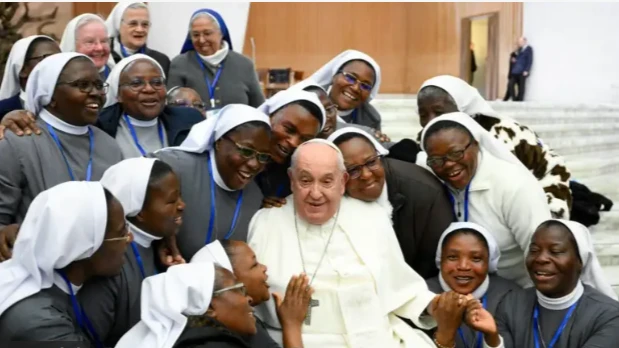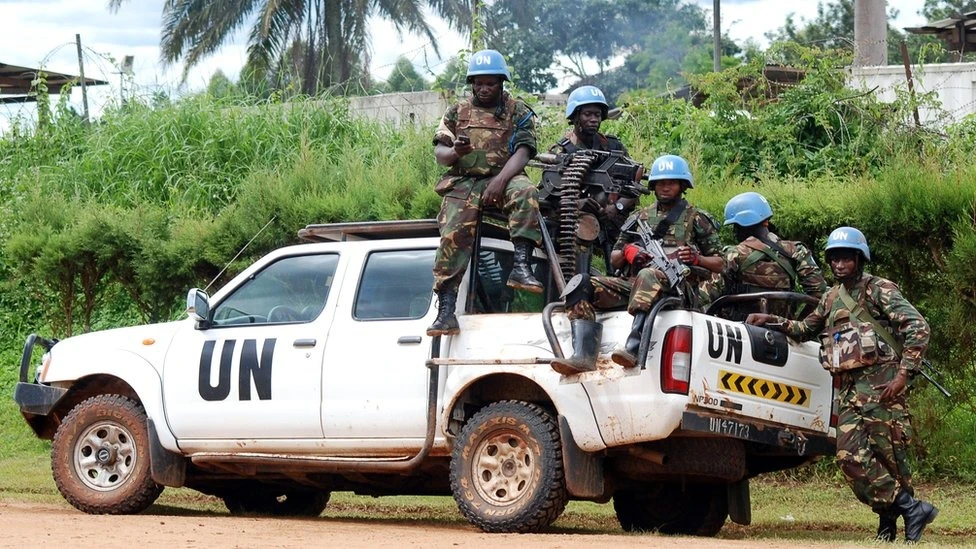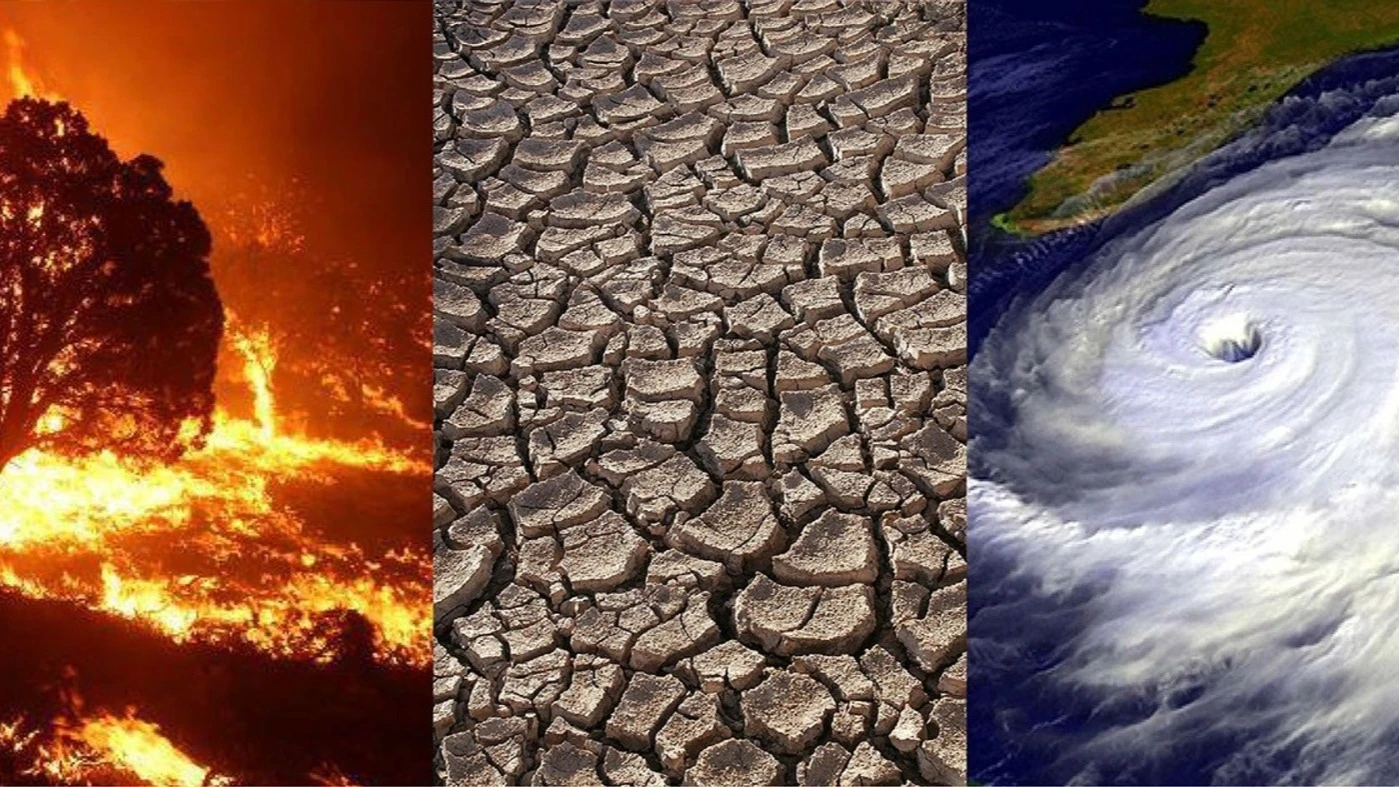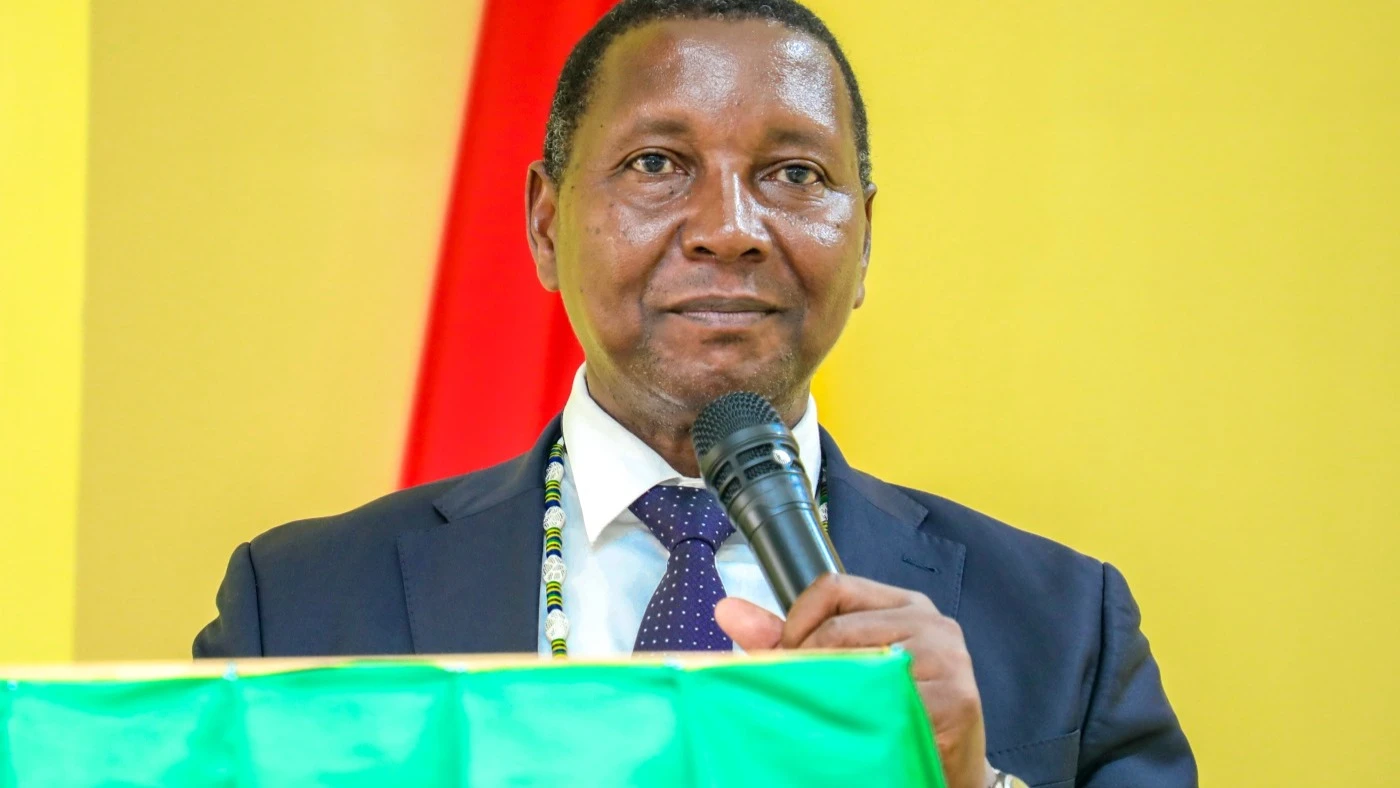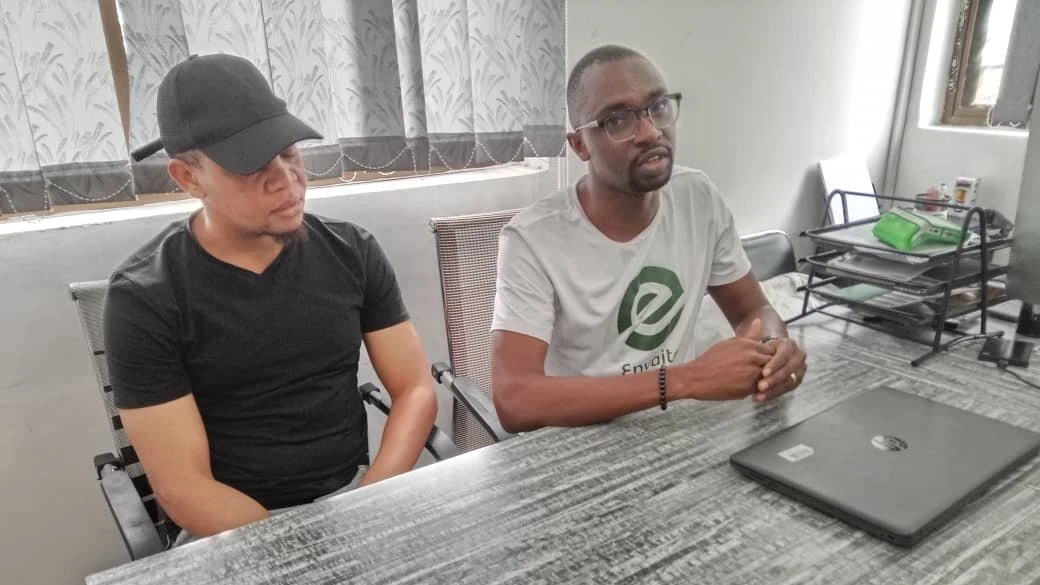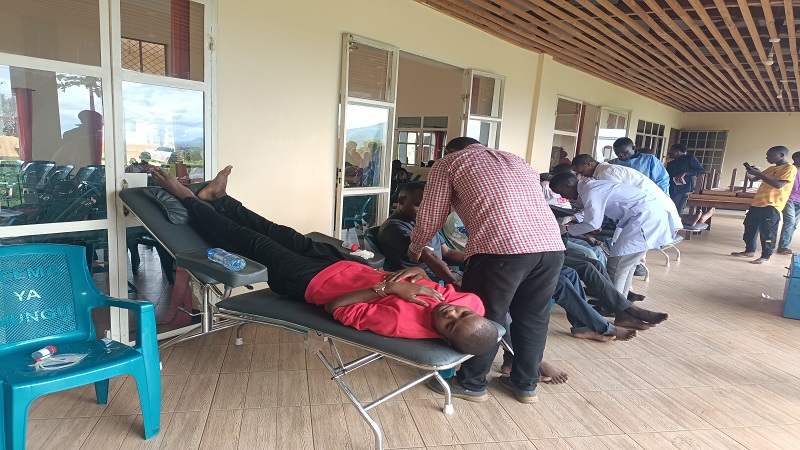MPs root for lower connection charges
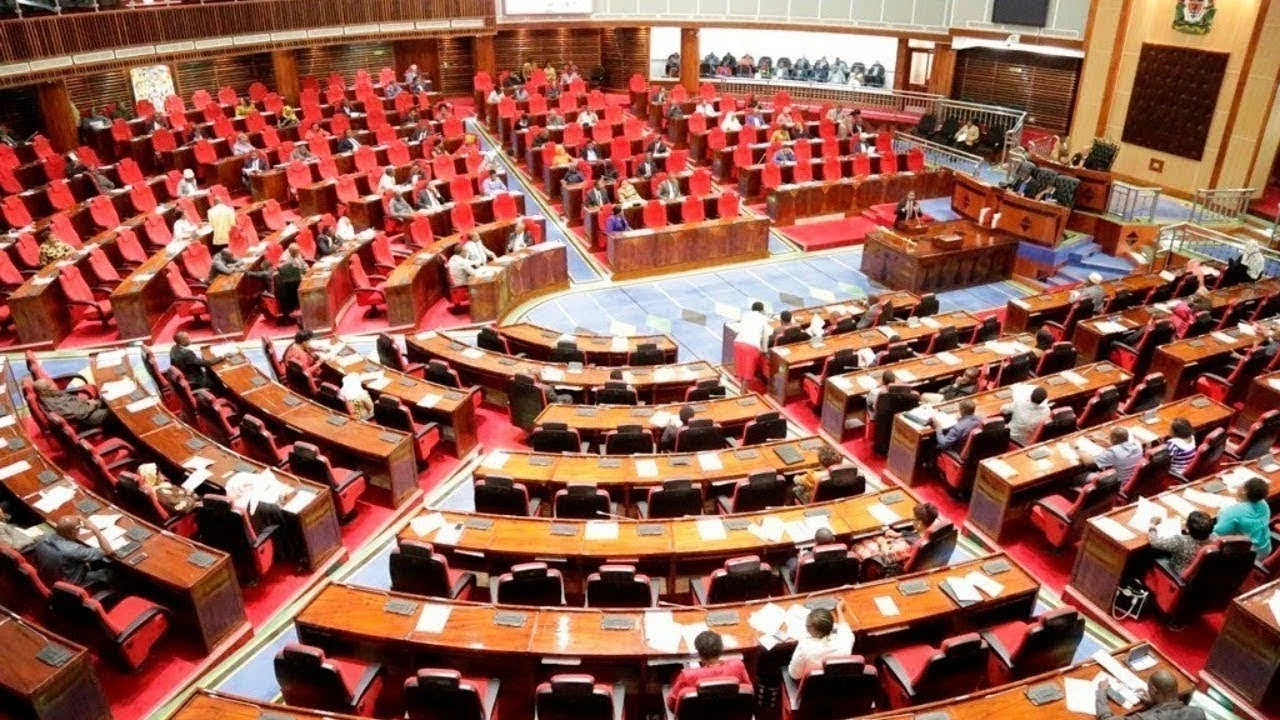
LAWMAKERS have urged the government to vastly reduce electricity connection costs and expand energy access across the country.
Pauline Gekul (Babati Urban) criticized disparities in connection costs, particularly in rural areas, illustrating that a villager being asked to pay 600,000/- for a connection is simply overwhelmed.
“The government’s intention is good, but affordability must be addressed,” she said, asking the Energy and Water Utilities Regulatory Authority (EWURA) to review its electricity connection guidelines.
She argued that current charges remain unaffordable for many citizens, she stated, citing other top priorities as expanding the energy infrastructure to underserved areas.
This includes reducing the cost of liquefied petroleum gas (LPG), diversifying energy sources and increasing the number of compressed natural gas (CNG) refilling stations for vehicles, she stated.
Kilumbe Ng’enda (Kigoma Urban) warned that while rural electrification has advanced, urban low-income communities risk being left behind. “Some urban dwellers can’t afford the 321,000/- connection fee in one payment,” he stated, suggesting the use of instalments.
Hussein Amar (Nyang’hwale), addressing energy affordability more broadly, called on distributors to cut gas cylinder prices to ease the burden on rural households.
Prof. Shukrani Manya (Nominated) emphasized the need to diversify energy sources, citing climate change as a growing threat to hydropower reliability. “We must invest in new energy technologies to ensure resilience,” he said.
Ndaisaba Ruhoro (Ngara) highlighted the pressing demand for electricity in inner areas of villages. “The rollout should prioritize such areas next financial year,” he urged, asserting that rural residents need to be equipped with gas and electric stoves to ensure stable energy access when LPG runs out.
Francis Mtinga (Iramba East) echoed concerns about high connection costs, underlining that availability of electricity is one thing and affordability is another. “The president has championed subsidies, and this should be reflected in the coming budget,” he emphasized.
Ali Mchungahela (Lulindi) said that wide hamlets with schools and clinics remain unconnected, cutting Usonje, with over 700 residents. “Such areas must be treated like villages and prioritized,” he stated.
Sophia Mwakagenda (Special Seats-Opposition), cited the vast gap in coverage, asserting that just 927 of the country’s 32,000 hamlets have electricity. “This pace is too slow—we must accelerate the rollout,” she emphasised.
Tumaini Magesa (Busanda) advocated having more CNG stations to meet growing demand from gas-powered vehicles, recommending that government vehicles in Dodoma shift to gas use to reduce operating costs.
The MPs’ collective call signals growing political momentum to make energy access more equitable and affordable, hopefully starting with the next financial year, officials noted.
Top Headlines
© 2025 IPPMEDIA.COM. ALL RIGHTS RESERVED










